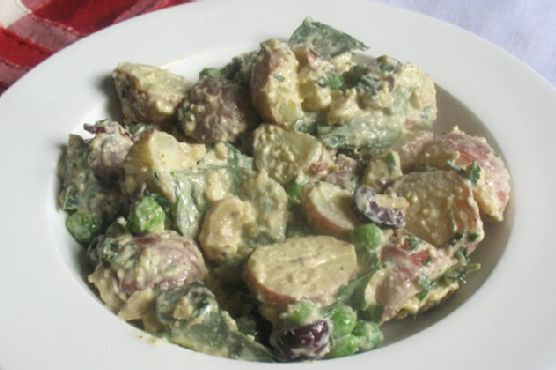Sign In Chef

By using our free meal planner (and the rest of spoonacular.com) you have to agree that you and only you are responsible for anything that happens to you because of something you have read on this site or have bought/cooked/eaten because of this site. After all, the only person who controls what you put in your mouth is you, right?
Spoonacular is a recipe search engine that sources recipes from across the web. We do our best to find recipes suitable for many diets — whether vegetarian, vegan, gluten free, dairy free, etc. — but we cannot guarantee that a recipe's ingredients are safe for your diet. Always read ingredient lists from the original source (follow the link from the "Instructions" field) in case an ingredient has been incorrectly extracted from the original source or has been labeled incorrectly in any way. Moreover, it is important that you always read the labels on every product you buy to see if the product could cause an allergic reaction or if it conflicts with your personal or religious beliefs. If you are still not sure after reading the label, contact the manufacturer.
We also attempt to estimate the cost and calculate the nutritional information for the recipes found on our site. Again, we cannot guarantee the accuracy of this information. Additionally, our nutrition visualizer that suggests that you limit sodium, sugar, etc., and get enough protein, vitamins, and minerals is not intended as medical advice. Similarly, our health tips are based on articles we have read from various sources across the web, and are not based on any medical training. The team behind spoonacular does not possess any medical qualifications and the information may be found to be incorrect or out of date based on future research. If you need help planning your diet or determining which foods (and recipes) are safe for you, contact a registered dietitian, allergist, or another medical professional.
Spoonacular is not responsible for any adverse effects or damages that occur because of your use of the website or any information it provides (e.g. after cooking/consuming a recipe on spoonacular.com or on any of the sites we link to, after reading information from articles or shared via social media, etc.)
× Image © foodandspice.com
Image © foodandspice.com
$1.81 per serving

18 likes

Ready in 45 minutes

Spoonacular Score: 87%
The recipe Creamy Potato Salad with Cashew Dressing and Fresh Basil can be made in around 45 minutes. One serving contains 292 calories, 8g of protein, and 17g of fat. This gluten free and dairy free recipe serves 6 and costs $1.81 per serving. 18 people were impressed by this recipe. It can be enjoyed any time, but it is especially good for The Fourth Of July. Head to the store and pick up parsley, baby potatoes, mint leaves, and a few other things to make it today. A few people really liked this side dish. It is brought to you by foodandspice.blogspot.com. With a spoonacular score of 86%, this dish is excellent. Similar recipes include Wedge Salad with Creamy Cashew Dressing, Fresh Basil Salad Dressing, and Roasted Cauliflower Salad with Creamy Cashew Dressing.




















































Read the detailed instructions on foodandspice.com